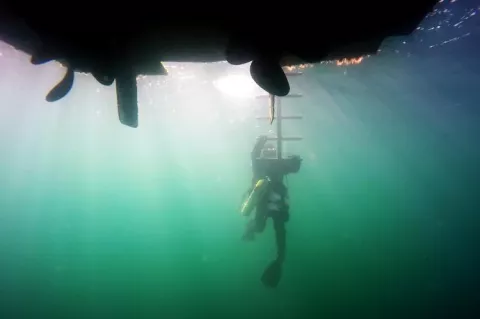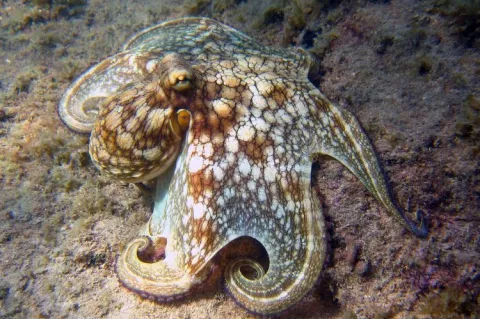Nosebleeds in Scuba Diving
Well-trained divers all know that they need to equalize their ears and sinuses as they descend. Usually, this is an easy process. However, there are some medical conditions that can make this more difficult. Technical rebreather diver and underwater photographer Dr. Michael Rothschild is a pediatric ear, nose and throat specialist in New York.







